SDC Contacts With Russia To Avoid Turkish Aggression In NE Syria
World 04:59 PM - 2022-07-13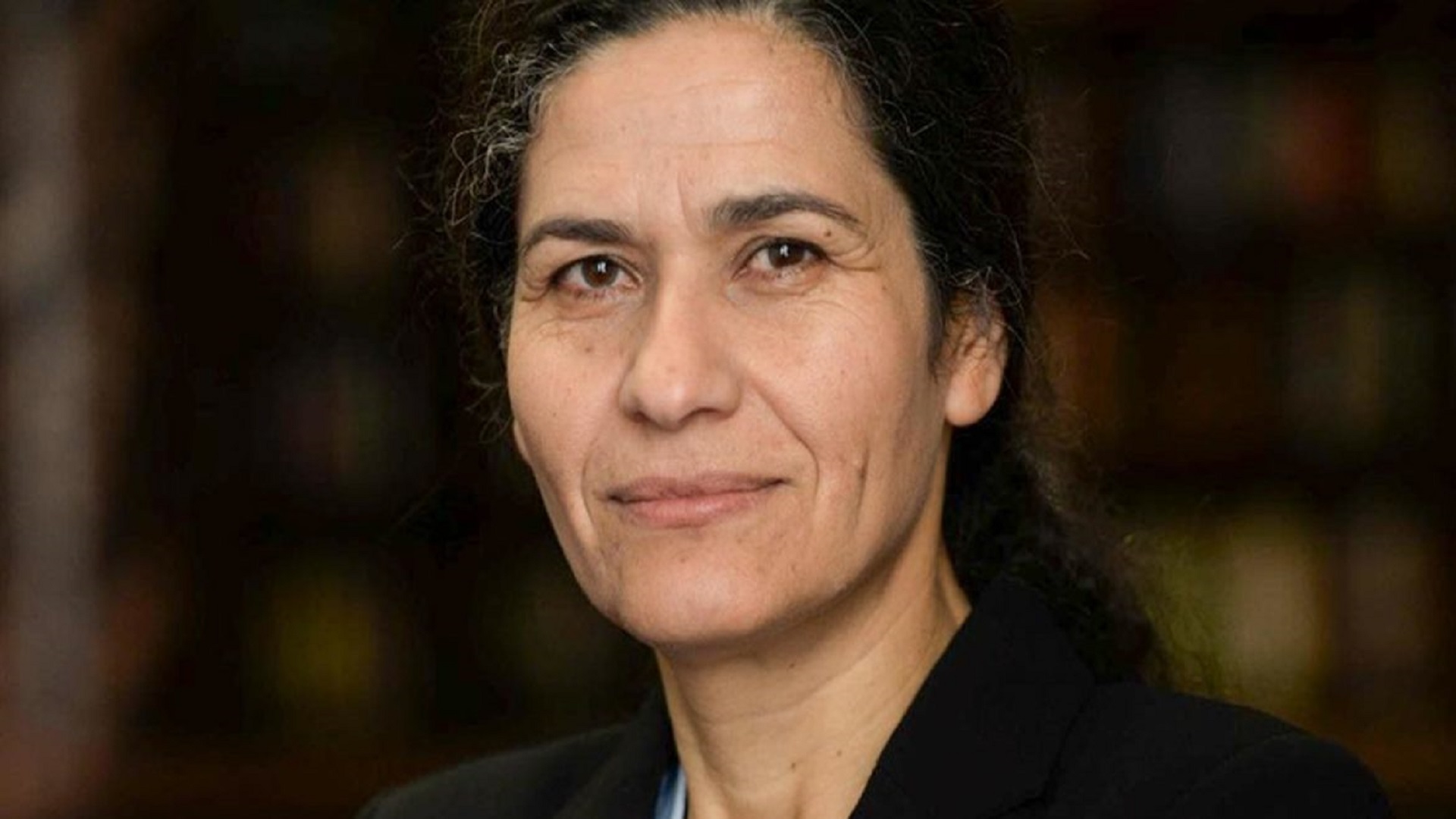
President of the Executive Committee of the Syrian Democratic Council (SDC), Ilham Ahmed, said on Tuesday that the Council is in dialogue with all active parties involved in the Syrian issue, including Russia, which has influence in the areas threatened by Turkey to avoid the Turkish aggression.
“However, the war in Ukraine has affected the Syrian issue, as well as all other international relations,” Ahmed added.
The SDC is the political wing of the Syrian Democratic Forces (SDF) in the Autonomous Administration of North in East Syria (AANES). It was founded in 2015 and includes all the communities of north and east Syria.
In response to a question by North Press during a symposium held by the American New Lines Institute about Turkish threats, Ahmed indicated that the SDC is continuing constant efforts to conduct an effective dialogue with all parties to make them realize the extent of the danger posed by the Turkish threats and any Turkish military action on the Syrian people and the future of Syria.
Turkey’s President Recep Tayyip Erdogan has recently announced plans to carry out another major military cross-border incursion into northern Syria. Erdogan specified his targets in the two northern Syrian cities of Manbij and Tel Rifaat.
Ahmed added that Turkey is trying to “exploit and gain support of the NATO to fight the forces that fought and defeated the extremist Islamic State organization (ISIS), which we condemn.”
The project of the Autonomous Administration offers democratic solutions to the Syrian issue and all Syrian people, but it is hit by the Turkish project that threatens the future of Syria, Ahmed noted.
The AANES was first formed in 2014 in the Kurdish-majority regions of Afrin, Kobani and Jazira in northern Syria following the withdrawal of the government forces. Later, it was expanded to Manbij, Tabqa, Raqqa, Hasakah and Deir ez-Zor after the Syrian Democratic Forces (SDF) defeated ISIS militarily.
Ahmed believes that Erdogan, through his upcoming visit to Tehran, aims at promoting his aggressive action against the AANES-held areas in which “we have worked hard in recent years to create democratic laws and systems that respect human rights and the principles of gender equality.”
Ahmed stressed that areas occupied by Turkey in northern Syria have turned into a safe environment for ISIS and other extremist groups such as Hayat Tahrir al-Sham (HTS, formerly al-Nusra Front).
On Tuesday, the US Central Command (CENTCOM) announced the killing of Maher al-Agal, one of the top five ISIS leaders and the leader of ISIS in Syria, in an air strike in the Turkish occupied Afrin countryside, northwest Syria.
Ahmed warned of the danger of the Turkish threat on the joint operations between the US-led Global Coalition to defeat ISIS and the Syrian Democratic Forces (SDF), as the SDF do its best to confront the Turkish aggression that allows ISIS sleeper cells to regroup its forces and launch new attacks against the region.
ISIS sees the Turkish threats an opportunity to escape from camps detentions and resorts to Turkish-controlled areas to reorganize its forces.
She stressed that security forces have foiled recent escaping attempts by family members of ISIS from the region, “showing serious indications about the organization’s readiness to exploit the Turkish aggression.”
On Tuesday, the SDF announced the arrest of 12 ISIS terrorists and thwarting a smuggling plan to escape family members of ISIS from Hawl Camp to areas run by Turkish forces and their affiliated Syrian opposition factions, also known as Syrian National Army (SNA) in Syria.
Hawl Camp, 45 km east of the city of Hasakah, is a house for 55.829 individuals, including 28.725 Iraqis, 18.850 Syrians and 8.254 of foreign nationalities, according to the latest statistics obtained by North Press.
Ahmed believes that the recent intensive Turkish attacks on the Syrian north “are part of the ongoing Turkish violations of the 2019 truce, as it keeps targeting infrastructure and civil areas, endangering residents and IDPs’ lives.”
Following the Turkish incursion in October 2019 against Sere Kaniye (Ras al-Ain) and Tel Abyad, Turkey signed two ceasefire agreements, one with Russia and the other with the US stipulating ceasing all hostilities and the withdrawal of the SDF 32 km away from the Turkish border.
The SDF did withdrew from the border areas according to the agreement, but Turkey continues targeting the area.
Ilhem went further explaining that economic stability is a key factor to fight the ISIS extremist ideology and its ability to recruit.
“We demanded that the US exclude our areas from Caesar Act sanctions in order to attract foreign investments and secure job opportunities, but Turkey rushed to threaten with a new operation, discouraging any investor to come to the region and also curbing local residents from starting any bold economic steps,” she added.
In June 2019 the US administration imposed sanctions targeting Syrian President Bashar al-Assad and his inner circle to choke off revenue for his government in a bid to force it back to UN and put an end to the country’s decade-long war.
On May 12, the US Department of the Treasury issued a general license authorizing activities in northeast and northwest Syria in 12 economic sectors.
Speaking of intra-Kurdish talks, Ahmed said that these talks cannot be fruitful unless a proper environment for succeeding it is available in order to curb regional players from intervening in this issue where some powers seek to foil and curb it.
In April 2020, a dialogue between the Kurdish National Council (ENKS) and the Kurdish National Unity Parties (PYNK) was launched by an invitation from the Syrian Democratic Forces (SDF) Commander in Chief Mazloum Abdi to unify the political position of the Syrian Kurds.
PUKmedia/North Press Agency
More news
-
IHEC Resumes Elections' Preparation in Kurdistan Region
11:32 AM - 2024-05-14 -
Kurdistan Toilers' Party Praises PUK's Stances
02:54 PM - 2024-05-13 -
Iraqi President: Baghdad-Erbil Agreements Must be Activated
10:41 AM - 2024-05-12 -
DPM Talabani Appreciates Spanish Ambassador’s Efforts in Improving Both Countries' Relations
06:32 PM - 2024-05-08
see more
Europe's Most Wanted Human Trafficker Arrested in Sulaymaniyah
04:08 PM - 2024-05-13
Iraqi President: Food Security is At Stake
11:37 AM - 2024-05-12
PUK President: We Believe in Genuine Partnership in Running the Country
08:48 PM - 2024-05-11
Washington's Newlines Institute Interviews PUK President
05:40 PM - 2024-05-09
Most read
-
Europe's Most Wanted Human Trafficker Arrested in Sulaymaniyah
Kurdistan 04:08 PM - 2024-05-13 -
Kurdistan Toilers' Party Praises PUK's Stances
P.U.K 02:54 PM - 2024-05-13 -
PUK President: We Oppose Attempts to Obstruct Elections
P.U.K 09:20 AM - 2024-05-14 -
IHEC Resumes Elections' Preparation in Kurdistan Region
Kurdistan 11:32 AM - 2024-05-14

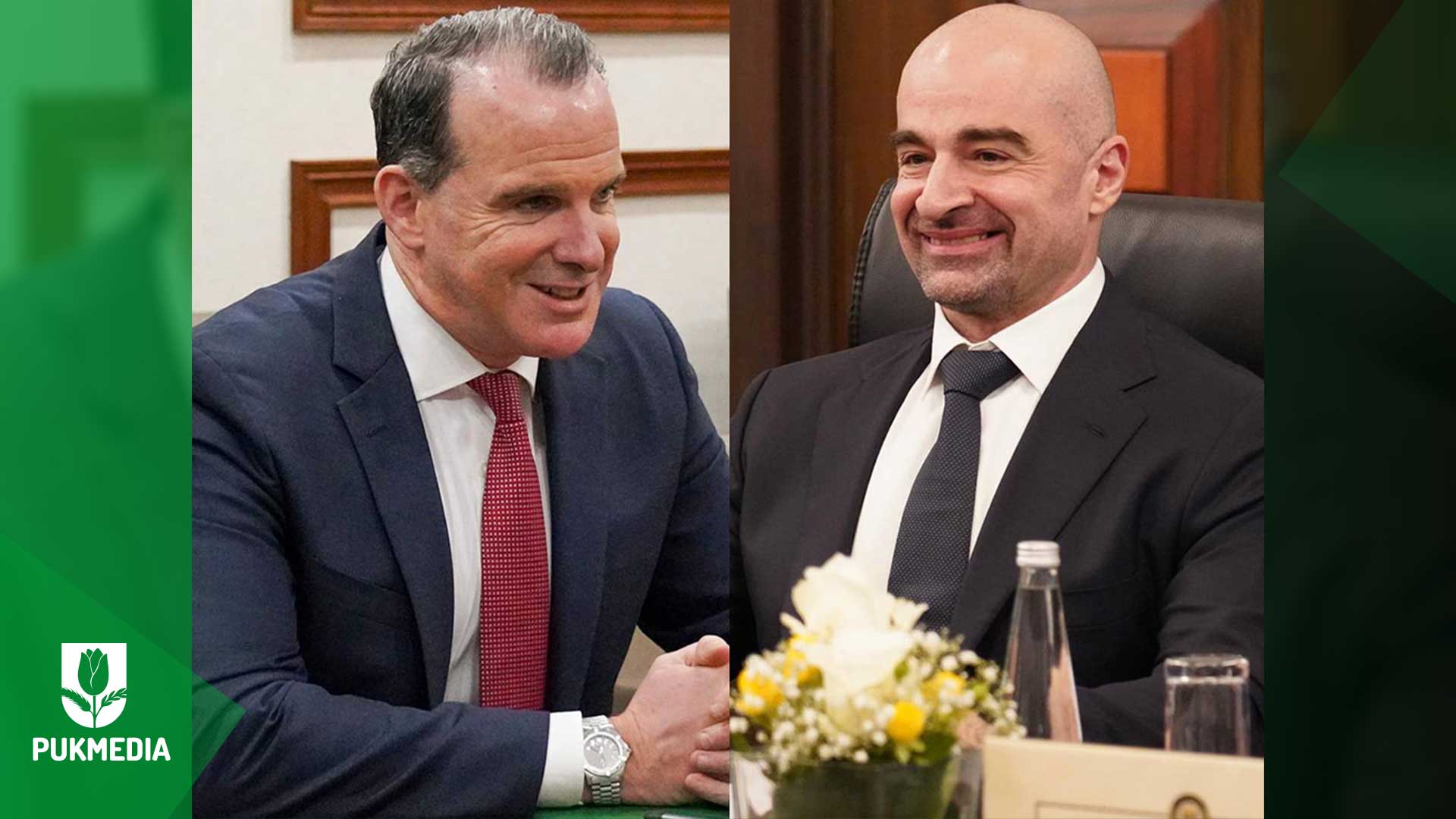
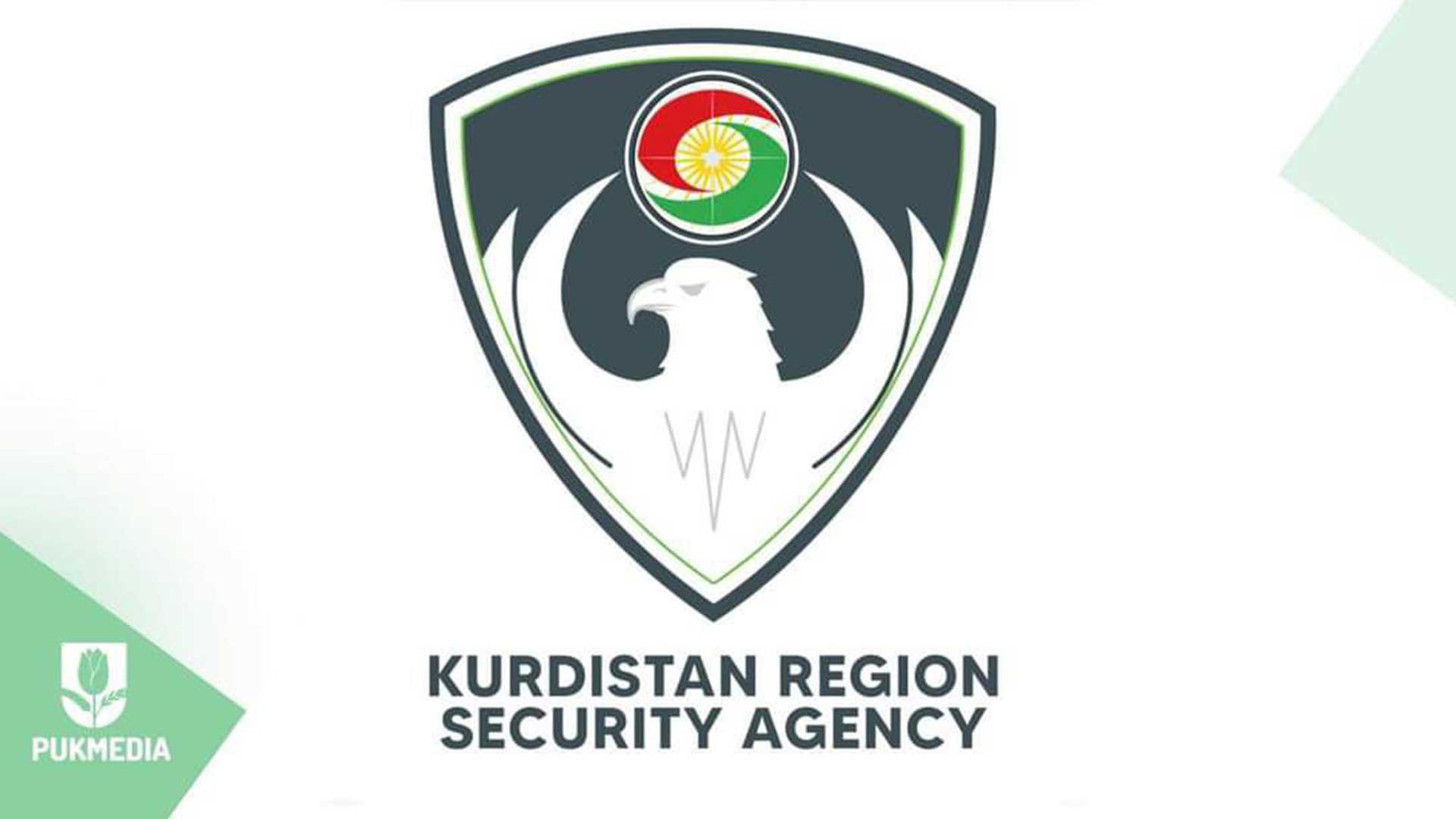
.jpg)
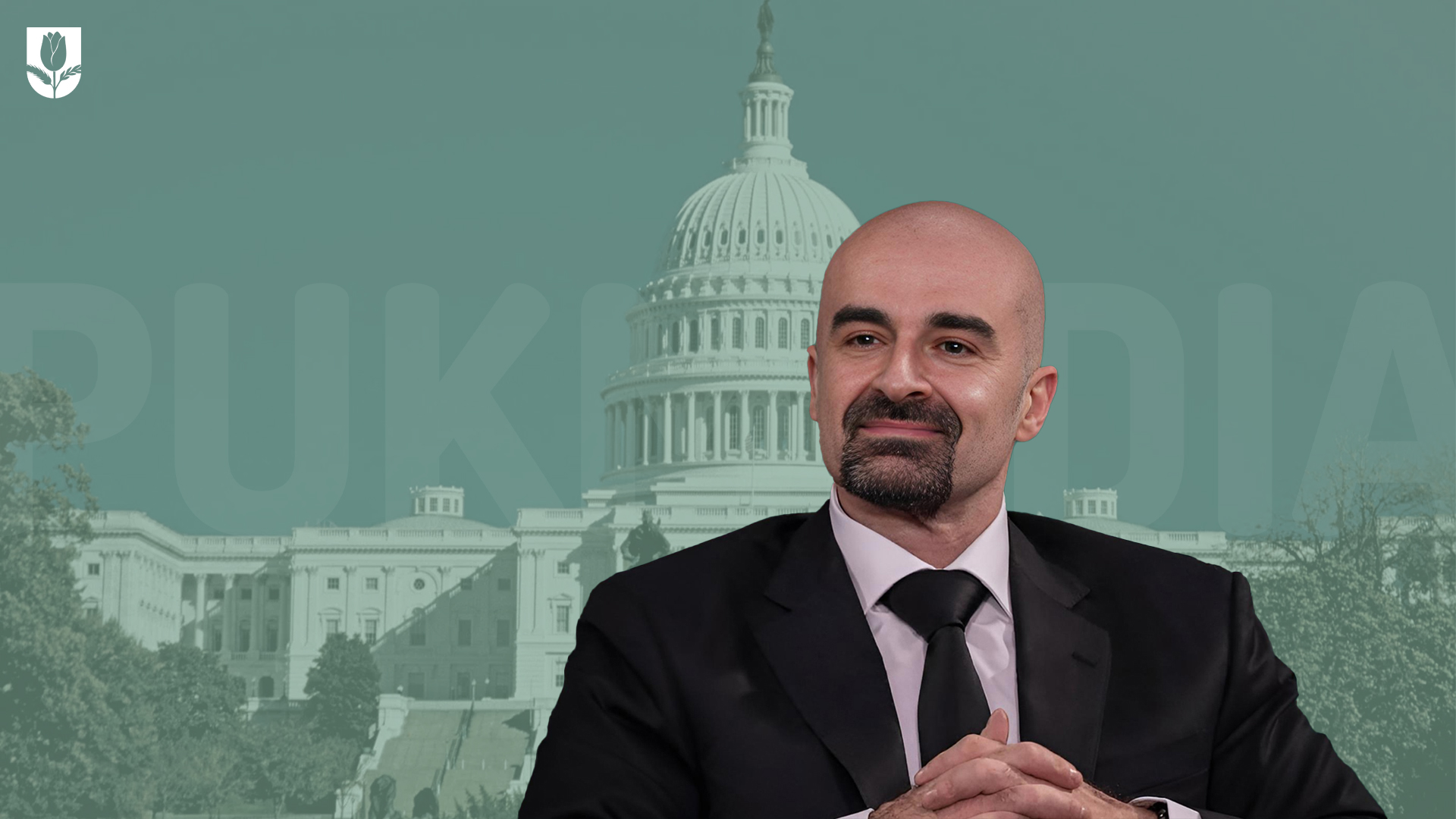
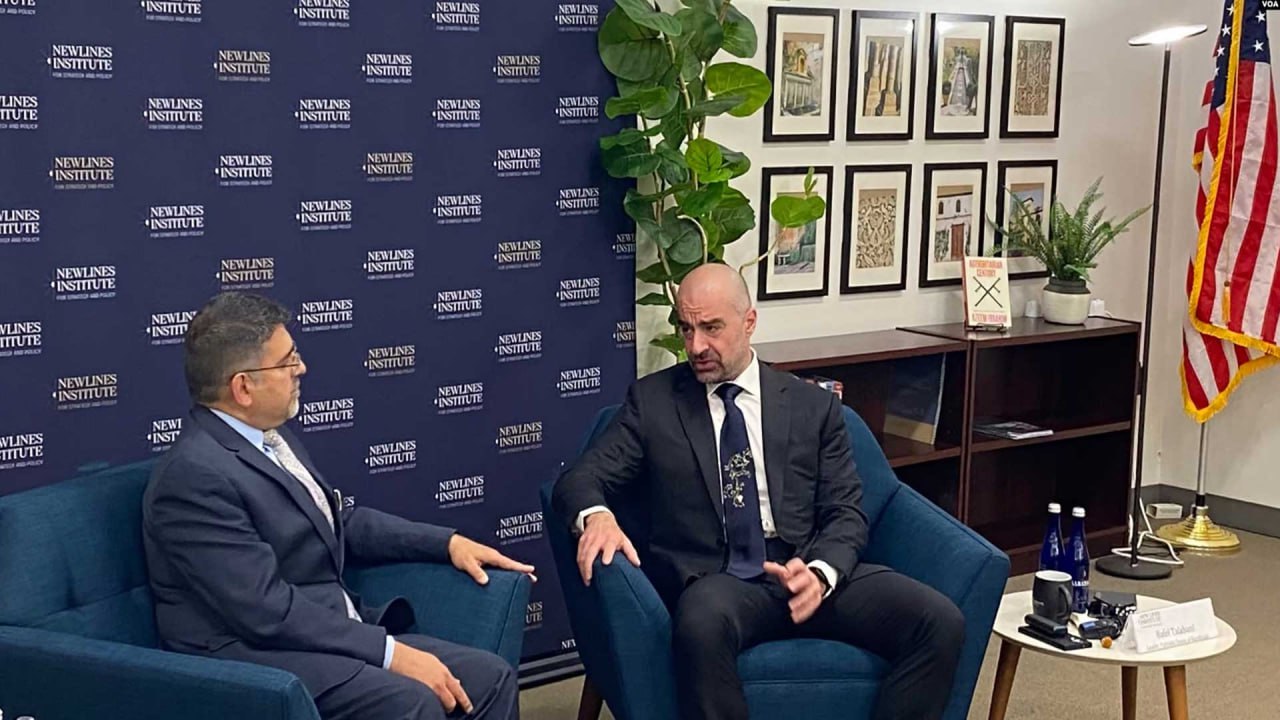
 Application
Application


